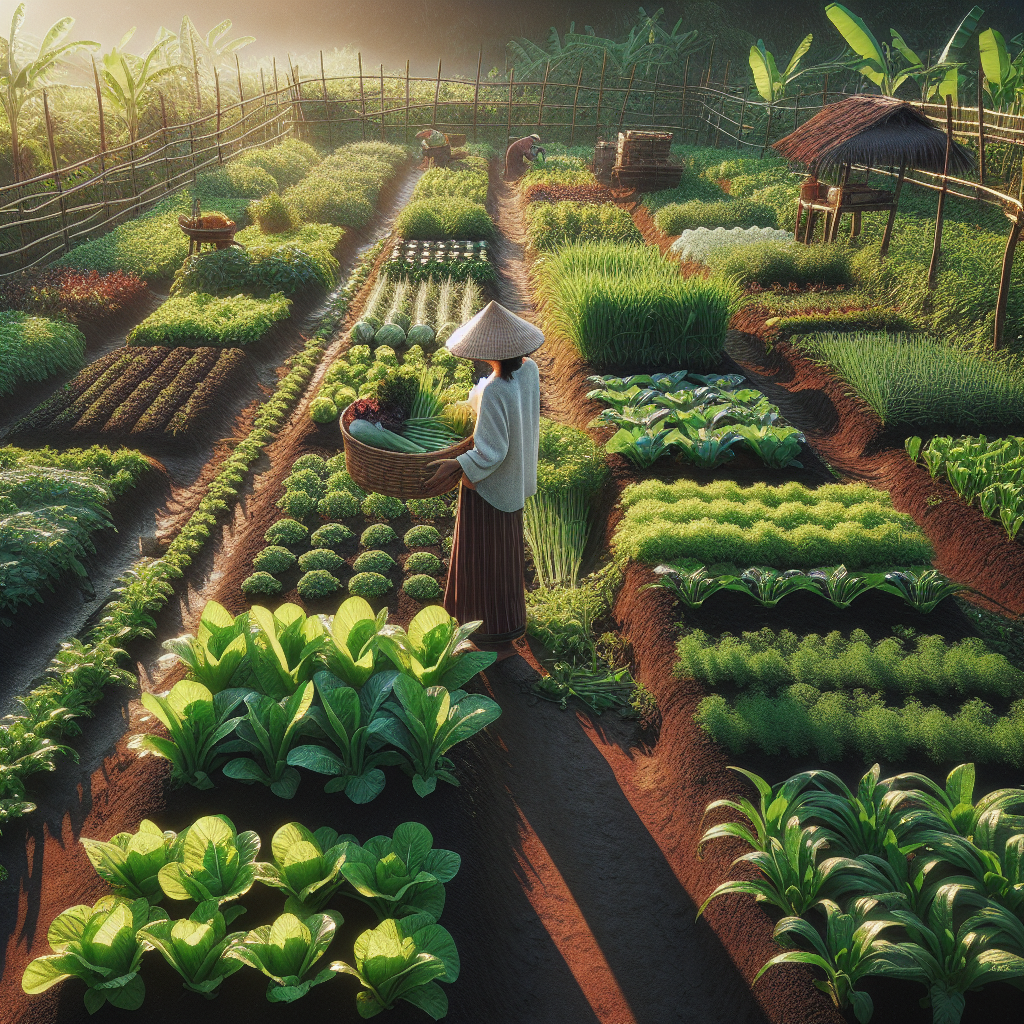
Getting Started with Small-Scale Farming
Embarking on the journey of small-scale farming is both exciting and challenging. As a beginner, understanding the fundamental aspects of setting up your hobby farm is crucial. First, identify the purpose of your farm. Are you looking to grow food for personal consumption, sell produce at local markets, or perhaps both? This decision will guide your planning process.
When planning your farm, consider the available space, soil quality, and climate conditions. Conduct a soil test to determine the nutrients present and necessary amendments for optimal crop growth. Climate plays a crucial role in determining which crops can thrive. Ensure you select crops suited to your region’s weather patterns.
Budget-friendly farming is possible with careful planning. Start small to manage costs effectively. Invest in essential tools and equipment, and gradually expand as your farm becomes profitable. Additionally, consider sustainable farming practices such as crop rotation, composting, and using organic fertilizers to enhance soil health and reduce environmental impact.
Choosing the Right Crops for Your Farm
Choosing the right crops is a pivotal decision in your farming journey. Begin by researching market demand and local preferences. High-demand crops like tomatoes, herbs, and leafy greens often yield better returns. Moreover, consider experimenting with unique or niche crops to cater to specific markets.
Assess your personal interests and the ease of growing certain crops. If you enjoy working with herbs, for instance, dedicating a section of your farm to various herbs can be both profitable and fulfilling. Keep in mind the crop rotation to maintain soil fertility and prevent pest buildup.
Another factor to consider is the growing season. Plan your planting schedule to ensure a continuous harvest throughout the year. Implementing a greenhouse can extend growing seasons for certain crops, providing an edge in the market. Stay informed about best practices for each crop and adapt your methods to optimize yield and quality.
Overcoming Challenges and Embracing Sustainable Practices
Small-scale farming presents its own set of challenges. Pests, diseases, and unpredictable weather can affect crop yield. To mitigate risks, implement integrated pest management strategies, such as introducing beneficial insects and using natural pest deterrents. Regular monitoring and maintaining plant health reduce the likelihood of disease outbreaks.
Financial challenges can also arise. Keep detailed records of expenses and income to manage your budget effectively. Explore grants, subsidies, or community programs that support small-scale farmers. These resources can provide valuable financial assistance and training.
Sustainability is at the heart of successful small-scale farming. Embrace practices like water conservation, renewable energy sources, and biodiversity promotion. These not only benefit the environment but can also enhance your farm’s productivity and profitability in the long run.